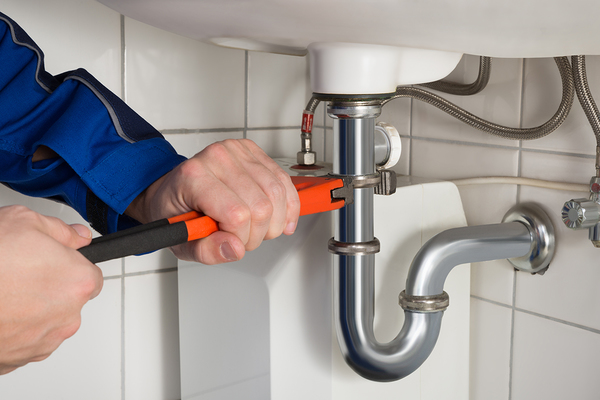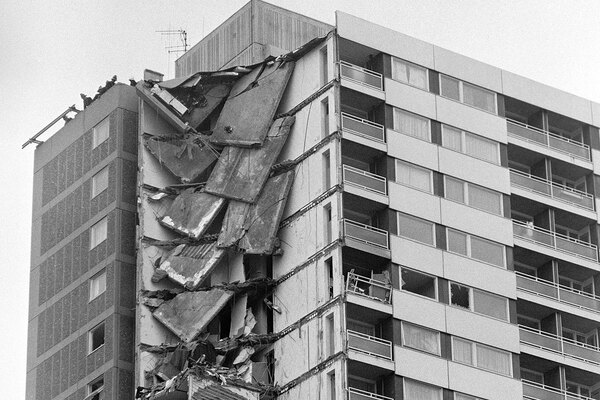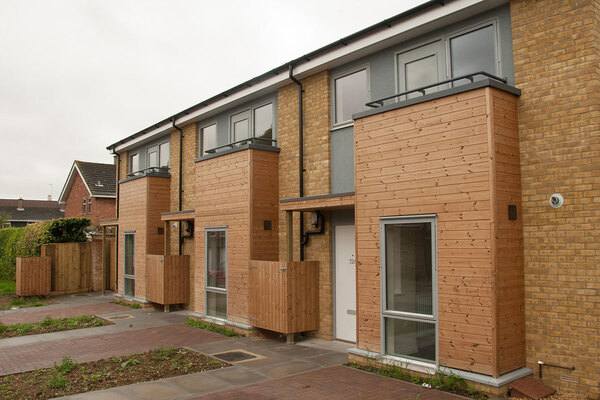Contractors can do much more to help rebuild trust with residents
Repairs teams interact with residents on a daily basis; they should make the most of the opportunity, writes Mick Williamson
The Social Housing Green Paper promises a “new deal for social housing”.
There are many important areas in which the paper suggests this can be done. It sets out areas for structural reform, enhanced approaches to the safety of homes and strengthening of consumer standards.
These policies and regulations, once they are finalised and implemented, will be a crucial part of the solution.
“Social housing residents need to trust their landlord when they say their home meets all relevant safety requirements.”
For me, however, we must also move on to rebuilding trust across the sector.
Social housing residents need to trust their landlord when they say their home meets all relevant safety requirements.
Social housing providers need to trust their builders, product suppliers and maintenance contractors when they say a property has been built and maintained to the highest required standards and is safe to live in.
As the well-known aphorism goes, ‘trust takes years to build, seconds to break and forever to repair’.
But there are steps we can take now to begin the process of rebuilding trust. The clues are scattered throughout the Social Housing Green Paper in the quotes from social housing residents.
For instance, in chapter one on ‘Ensuring homes are safe and decent’, one resident says: “Fire safety concerns me most because a lot of young families reside in these blocks. This can be improved by educating residents.”
Or another says a key issue for them is “the quality of buildings and the maintenance of them”.
“They should be monitored and if they need replacing – such as new bathrooms, kitchens, windows, etc – then this should be carried out”.
There is a clear message here for repairs and maintenance contractors such as Fortem: ‘You have the opportunity to help your clients and their social housing customers, so step up and do more!’
In common with all our peer businesses, we are in people’s homes day in, day out fixing taps, servicing boilers, replacing windows, fixing roofs – there is a long list of potential reasons to visit a home and interact with residents.
Do we do enough to take advantage of that opportunity? Do we capitalise on the knowledge we gain and the information we acquire on a daily basis? I think we can do more – much more.
For example, perhaps an operative is repairing a kitchen that really should be replaced, or they see evidence of illegal activity or subletting.
“Do we capitalise on the knowledge we gain and the information we acquire on a daily basis? I think we can do more – much more.”
Maybe an older person is seen to be struggling around their home with no adaptations to help them, or a tenant is hoarding to the extent it is a health and safety risk.
In all of these instances that is valuable knowledge that can be quickly and easily captured and passed to the housing provider. It can then inform their asset management and improve the general resident experience of living safely in their home.
Our contribution has to be more than just repairs and maintenance. It’s about providing a line of sight across the whole business and helping our clients to tackle the real issues on the ground.
At Fortem we have already taken the plunge on this approach and have just embarked on a pilot project with our client Rotherham Metropolitan Borough Council covering 4,000 of its homes.
Working with the council, we are co-designing technical training to support the roll-out of our smart phone ‘ReferIT’ application. This helps field-based teams collect knowledge and move it quickly around the organisation.
This is one small step, but if we all step up and push ourselves harder to deliver more, social housing residents will receive the benefit. And, given time, the benefits of better homes will start to translate into greater trust.
Mick Williamson, managing director, Fortem












